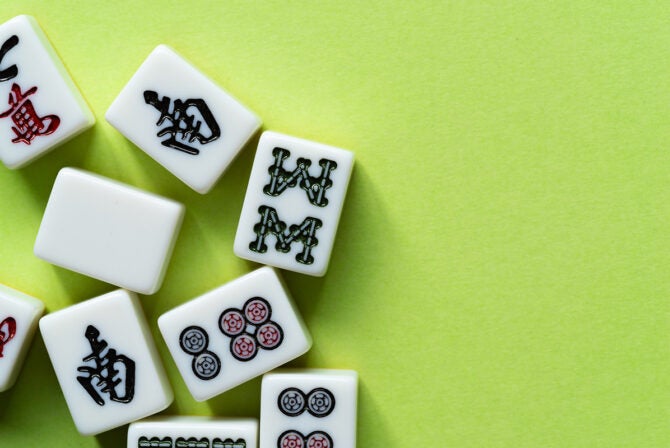If ever there was a year to connect with the themes and obligations of Purim, it is this one. This festival provides a ritualistic and narrative roadmap for how to engage with an upside-down world rife with antisemitism, muster courage to confront existential threats, and come out stronger on the other side. It is also a holiday that strongly affirms a Jewish commitment to celebrating our blessings through giving to others.
When American Jews think about Purim, most of us think about a holiday that is primarily oriented toward children: costumes, sweets, funny plays. However, there are much deeper adult themes and obligations that grow out of our celebration of Purim. There are four primary mitzvot (commandments) that give shape and meaning to this holiday. They are:
1. megillah: reading of the Book of Esther
2. seudah: serving a festival meal
3. mishloach manot: giving bags of treats to our friends, consisting of at least two different treats of two different varieties
4. manot l’evyonim: providing gifts to the poor
Through these four mitzvot, our tradition teaches us how to respond to surviving catastrophe: by recalling the heroism and grace that allowed you to survive; by taking joy in the fact that you survived against the odds through a communal experience that feeds body and soul; sharing your joy with your community with thoughtful offerings; and recalling and giving to those who are still suffering in the glow of your most joyous and thankful moment.
All of the mitzvot of Purim are especially resonant this year. The death and despair that has defined the past 12 months require us to count our blessings, and make space for joy and gratitude. However, the most often neglected of the mitzvot, the one that doesn’t fit in easily to a synagogue party or tot Shabbat — giving gifts to the poor — is probably the most crucial to embrace at this moment.
The coronavirus pandemic has exacerbated longstanding inequalities in the U.S. and around the world, in terms of who lives and who dies, and who is on the brink of financial collapse and who have actually saved, or even made unprecedented amounts of money during the pandemic. The ultimate expression of true gratitude is generosity. For those of us who have the capacity to give to others this year, we should make a point to make a monetary gift to a poverty relief organization at this moment. While canned food drives are popular at many synagogues and schools, we know from those who run food pantries that cash is what is actually needed to address food insecurity and alleviate poverty. We have a responsibility to give according to the stated need of those affected, and relinquish our need for control or convenience in our giving.
Our tradition encourages us to give anonymously and locally, privileging our local communities and modes of giving that preserve the dignity of recipients. That said, we should speak of our giving transparently and collaboratively with our families, and in particular, our children. When I am teaching college students, I often joke with them that Jewish parents are often more comfortable talking about safe sex than they are talking about money — and my students often agree with a chuckle.
This year in particular, it is essential that we talk in an open, age-appropriate way with our kids about worsening socioeconomic inequities, and the ways in which they often map along lines of race, gender, and geography. We should also teach our children that the most Jewish response to injustice is not guilt (the not-so-humorous stereotypes of Jewish mothers aside). Rather, we come from a long tradition of those who have responded to injustice with action and tzedakah, consistently and mindfully sharing our wealth in order to help create a more dignified and fair world.
This year, as we prepare mishloach manot for friends and family, plan our costumes for Zoom Purim parades, and craft exciting menus for our festive meal, let us also budget our time, attention, and wealth toward impactful giving. Purim teaches us that we haven’t survived for nothing. Queen Esther’s courage, God’s not so obvious grace, and our ancestors’ stubborn perseverance have brought us to this day for a reason: to animate the most beautiful and foundational values of our tradition. May we sanctify our precarious and precious lives through gifts that alleviate the burdens of those in our communities, and in the process, ennoble our families through lives of shared purpose, rooted in a resilient and beautiful tradition.
Header image by VectorStory/Getty Images








